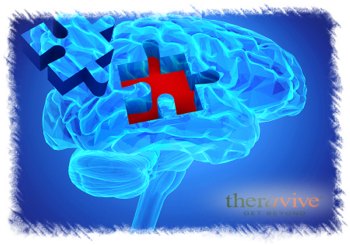October 16, 2018
by Patricia Tomasi

Imagine if Aristotle could have proven his philosophical theories with science in 332 BC? Well, if he were born today, he might have been able to show how we each differ in our belief in what constitutes the meaning of life based on our genetic make-up.
[More]
August 20, 2018
by Patricia Tomasi

Although this is a study with mice, researchers believe that it does have relevance to human pregnancy because placental endocrine dysfunction could contribute to a mood disorder and the researchers have already published that a gene in the same family is abnormally expressed in the placenta of women with depression in pregnancy.
[More]
February 22, 2016
by Agnes Oh, PsyD, LMFT

Schizophrenia is a chronic and severe neurological brain disorder which can gravely affect a person’s functioning at many different levels. According to the National Institute of Mental Health (NIMH), about 2.6 million Americans are affected by the illness whose debilitating challenges are often extended to their families.
[More]
New research from Columbia University’s Mailman School of Public Health takes one more step toward finding the causative factors behind the development of schizophrenia (Stansfield, et al., 2015). Studying the brains of rats exposed to lead brought more strong indications that this kind of exposure may be a precursor to schizophrenia.
[More]